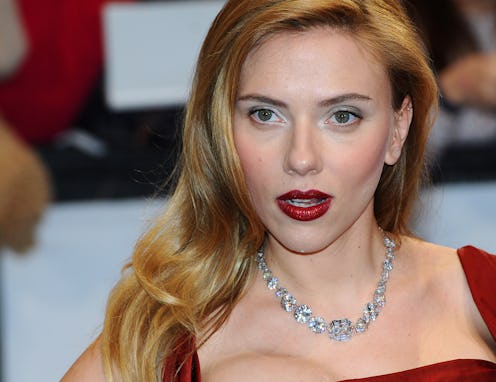Fashion
Is 'Beauty Bias' Something We Can Fight?
We've all heard the phrase "It's not easy being beautiful." But, well, actually it is. Not to say that good looks excuse you from the difficulties in life, self-esteem issues included. But life is actually better for the prettiest among us. Treating attractive people with more respect and kindness is discriminatory, of course, but the 'beauty bias' will not be easily be defeated.
Research has shown that pretty people are treated better by just about everyone, from employers to teachers to peers. They are also more likely to get hired for jobs and typically make more money. Why do the Average Joes sit back and allow this to happen? Well, according to Rose Evelyn at Smithsonian magazine, people assume that beautiful people are actually better than the unattractive.
All of us, actually, assume beautiful people are healthier, more intelligent, nicer and more competent. And those assumptions help us feel a little bit better about the fact that these pretty people are treated better than we are.
Ruth Graham at the Boston Globe recently explored "lookism" and the obstacles surrounding possible legal action toward discrimination based on attractiveness. There are many problems with approaching the beauty bias from a legal standpoint. Although Graham reveals that "beauty is a lot more objective than perhaps we would like it to be," there is no hard and fast rule for what someone finds attractive. Beauty does come in all different shapes, sizes, and colors. You can't exactly legislate taste they way you can stop discrimination based on race or sexuality. Discrimination laws are also notoriously ineffective even where they already exist so there's no guarantee that legislation will truly change the landscape.
But the biggest obstacle may surprise you. Graham argues that lobbying would be the most powerful tool against lookism, but people don't want to admit they are homely enough to lobby for the rights of the unattractive. A lobby for the less-than-stunning requires people willing to say "Hey, I'm not that hot and I deserve equal treatment!" But, really, who is going to stand up there and make that claim? Any takers...?
Yeah, didn't think so. One of the major issues with fighting beauty bias is that it appears to be very psychologically ingrained in us. Biologically, it makes sense that we would feel the warm fuzzies toward people we find attractive so that we'd be more likely to cozy up to them. However, this rationale does not fly when it comes to jobs or basic human kindness.
Someday, maybe someone will get the Ugly Lobbyists Organization off the ground. But for now, just start small and check your own beauty bias at the door.
